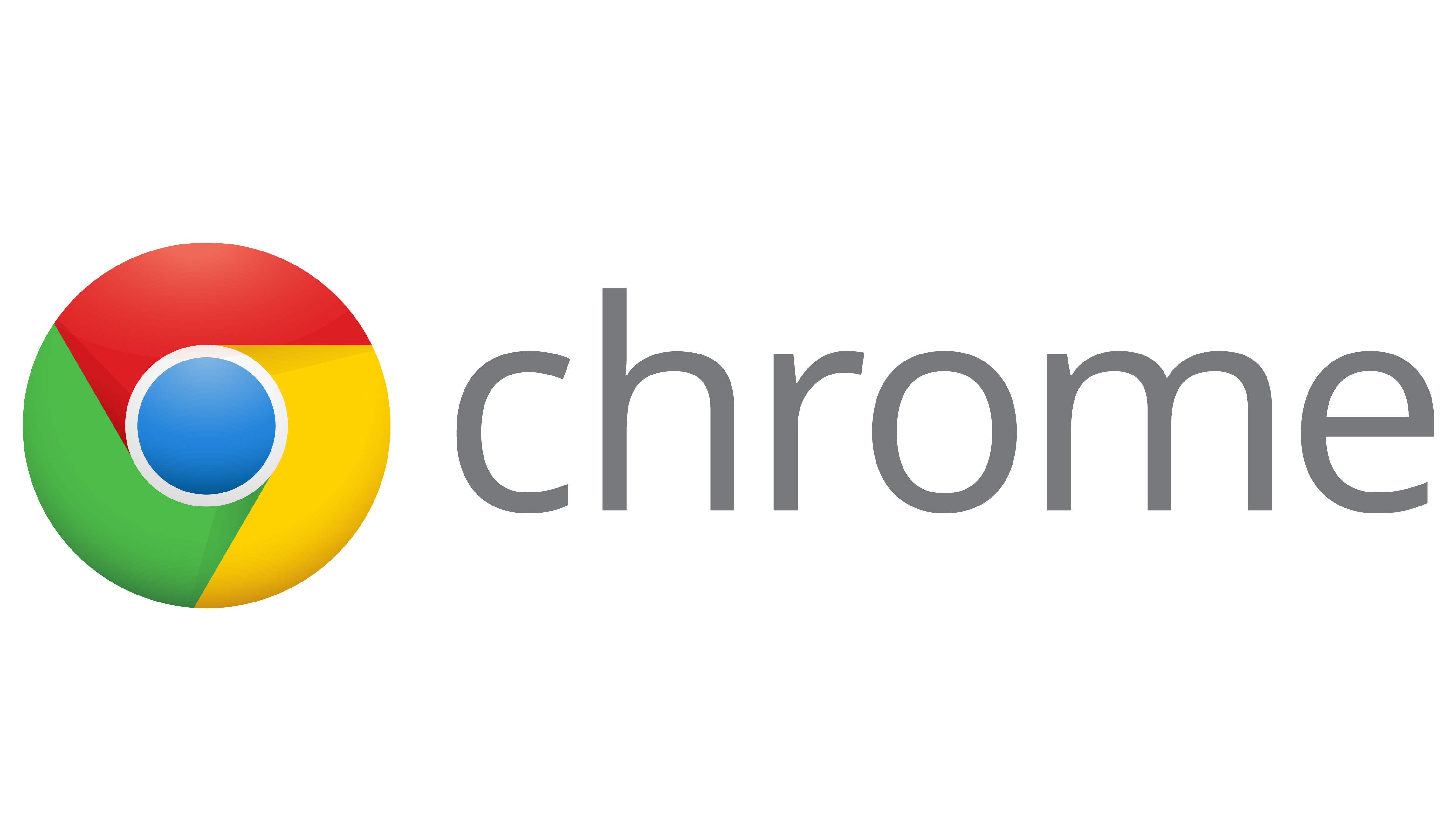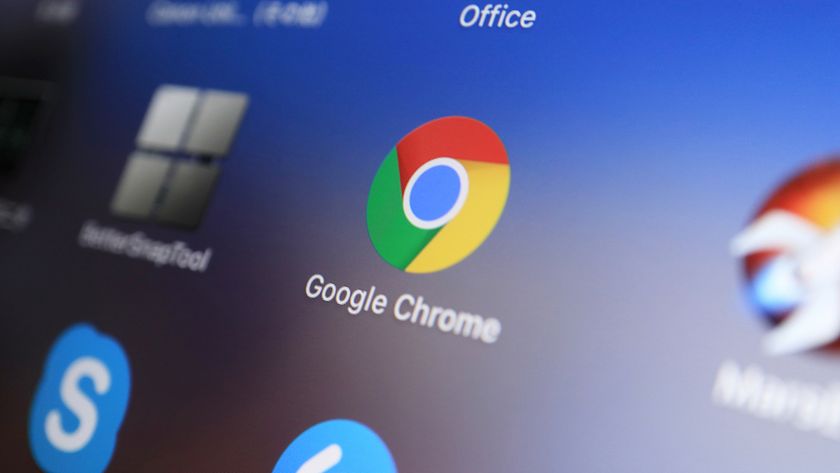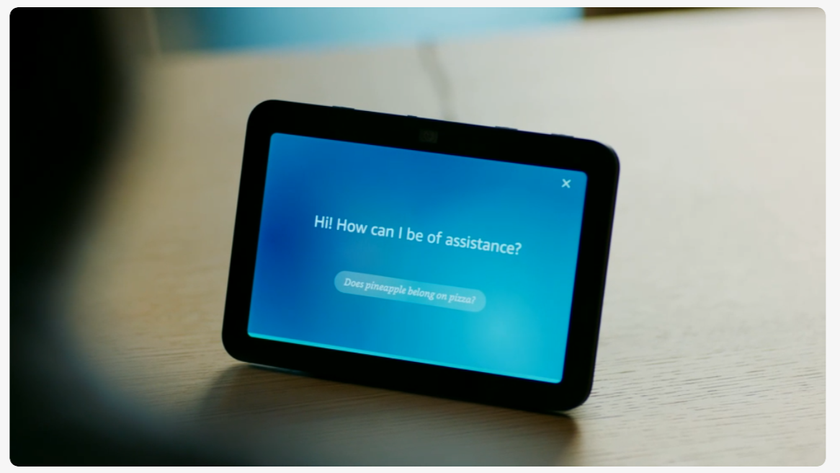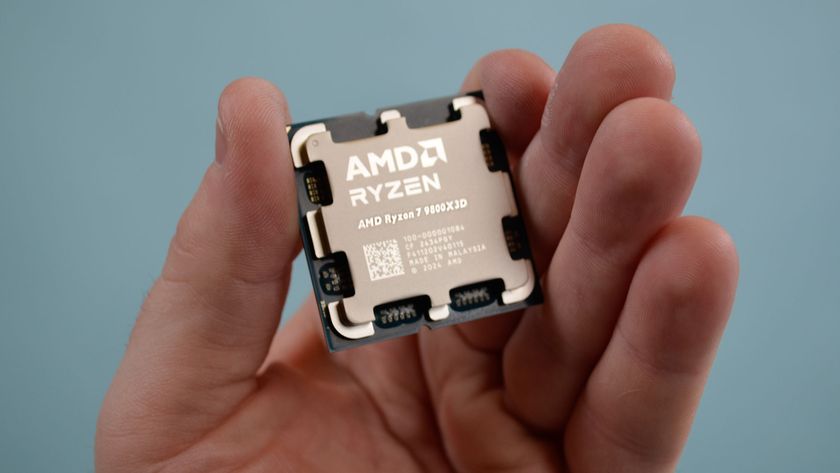Google claims Chrome is 26% faster than last year
So says Google

Google deserves a pat on the back if data released Thursday is to be believed.
According to the search engine, its Chrome web browser has gotten 26 percent faster in the last year.
Chrome is reportedly updated every six weeks, which Google Software Engineer and Compiler Wizard Toon Verwaest equated in the blog post to "a mechanic stopping by every six weeks to give your car a new engine."
That sounds extreme, but with Chrome reportedly gaining more than a quarter of its total speed since late 2011, it may be somewhat accurate.
Measuring speed with Octane
The latest Chrome beta release, Chrome 24, is available for all to try before its changes are implemented in an official Chrome update. It raises the browser's speed even further, wrote Verwaest.
Google designed a JavaScript benchmark test called "Octane" specifically to "measure performance of real-world applications on the modern web."
According to Google's own Octane tests, Chrome has gained a total of 26.3 percent in speed since version 15, which was released in October 2011.
Get daily insight, inspiration and deals in your inbox
Sign up for breaking news, reviews, opinion, top tech deals, and more.
Google released Chrome 23 on Tuesday. The new browser version upped the speed further and added long-awaited Do Not Track support.
Speed is paramount
Google's blog post underscored that though "stability sometimes takes higher priority," Google is "still manic about improving Chrome's speed."
That reportedly includes wait times as well as JavaScript performance, according to Verwaest.
To that end, specific changes to Google Cloud Print and the browser's start-up time have made Chrome faster, as well as new automated tests designed to detect any code that might slow the browser down.
"Speed is one of our core principles," Verwaest wrote, "so rest assured we'll continue to make Chrome faster in every way possible."
In May, Chrome overtook Internet Explorer and became the web's top browser. If its speed continues to improve, it may even be able to stay at the front of the pack.
Michael Rougeau is a former freelance news writer for TechRadar. Studying at Goldsmiths, University of London, and Northeastern University, Michael has bylines at Kotaku, 1UP, G4, Complex Magazine, Digital Trends, GamesRadar, GameSpot, IFC, Animal New York, @Gamer, Inside the Magic, Comic Book Resources, Zap2It, TabTimes, GameZone, Cheat Code Central, Gameshark, Gameranx, The Industry, Debonair Mag, Kombo, and others.
Micheal also spent time as the Games Editor for Playboy.com, and was the managing editor at GameSpot before becoming an Animal Care Manager for Wags and Walks.












